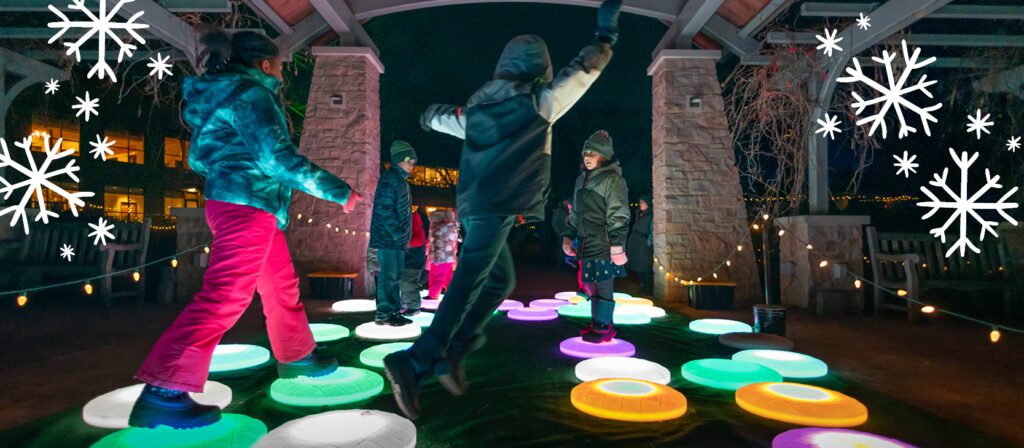Seeing a skunk in the garden may come as a shock to most, but different animals in our garden are actually a good thing! When you have skunks, foxes, snakes and woodchucks around, it’s typically a sign of a healthy garden and means you’re building a reliable local ecosystem. Here are five animals you might see in and around your garden:
Skunks
Skunks usually don’t plan to stay in your garden for long, so if you do spot one, it’s likely just passing through or looking for some tasty grubs to munch on. One of the most beneficial things about skunks in your garden or landscape is that they enjoy snacking on grass-destroying grubs as well as small rodents that could potentially wreak havoc otherwise.
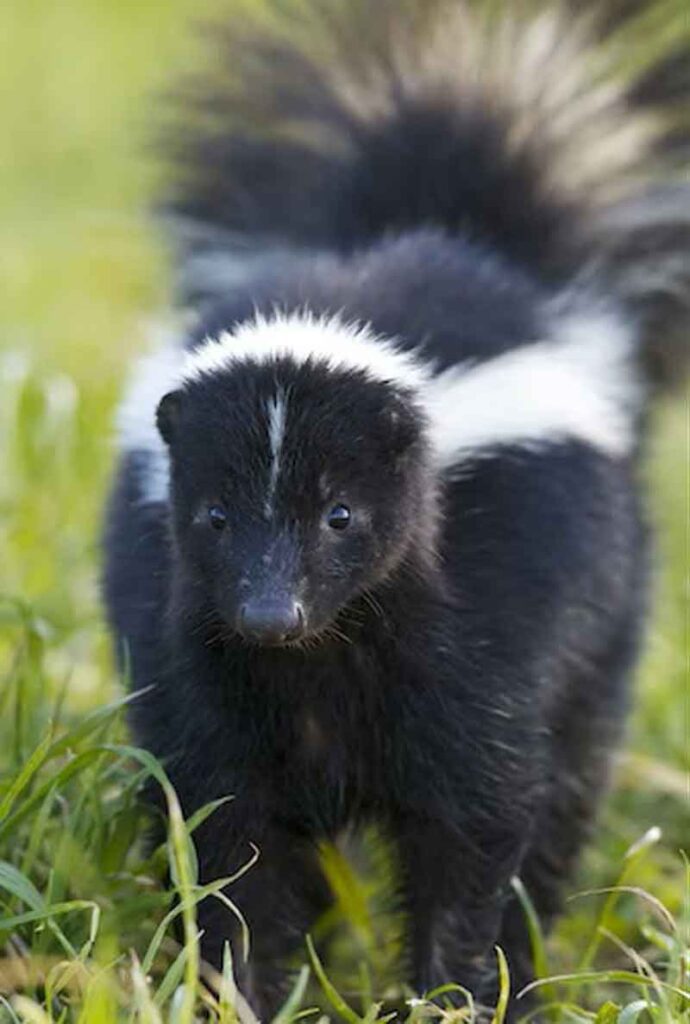

If you really aren’t happy with these striped critters running around, you can put up some wire fencing around your deck, patio, porch or anywhere else they might be able to make a home under. It’ll let them know it’s not their yard and they won’t be as interested in moving in anymore.
Snakes
Snakes are scary so they’re not the first animal that comes to mind when we think about beneficial ones in the garden, but they can do a great deal for cutting down on pests. Most snakes like to have slugs, snails and grasshoppers on the lunch menu, but they will also pay extra to get small rodents on the side.
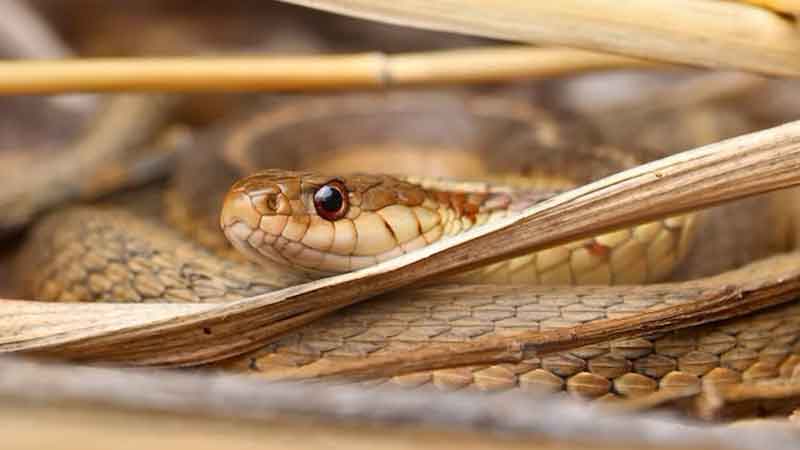

If you’re willing to take the risk and introduce snakes to your garden, leave a piece of wood, metal or anything that could create a safe place for snakes to hide in or under as well as some sort of fresh water source.
Foxes
Foxes are really smart animals so don’t be alarmed if you find one in or around your garden. Their curiosity often gets the best of them and if you feed pets or other wildlife outside, have a messy and overgrown garden or use natural fertilizers that have ingredients such as blood, fish or bone meal, it’s practically a haven for foxes and their kits. Similar to most of the animals on this list, foxes are great at finding snails and slugs and taking care of small rodents but sometimes grubs aren’t the only things they dig up. Digging up grubs for dinner is something adult foxes do but fox cubs dig just to get the hang of it so holes in the garden are pretty common when foxes are around.
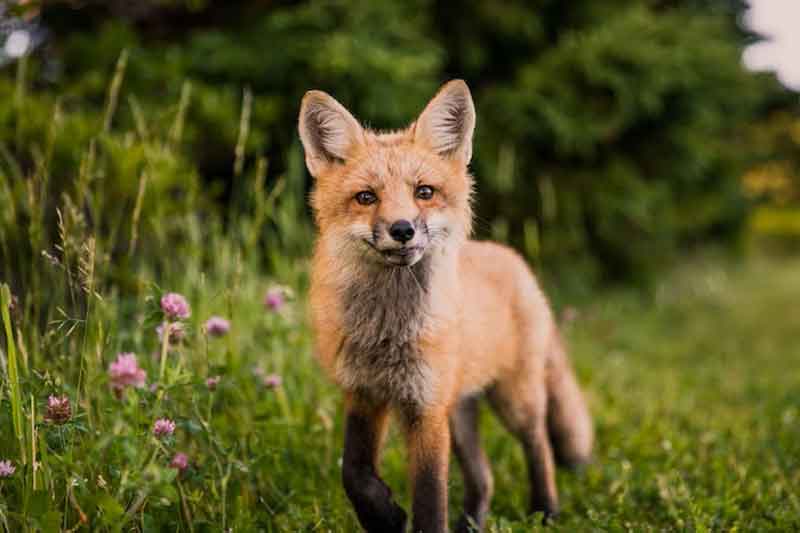

If you’re not too thrilled about these furry friends hanging out around your yard, try covering any food for other animals left outside, use plant-based fertilizers or, if applicable, blocking entrances to your garden.
Woodchucks
Woodchucks a.k.a. Groundhogs do a lot of burrowing when they’re not hibernating which can be dangerous depending on where it’s located and who’s around. Obviously pets and children are the first in mind when it comes to thinking about who could fall, trip or stumble over one of these burrows but sometimes, they can be beneficial. If your yard is prone to flooding, the new burrows will be the first to fill up which in turns lessens the burden of standing water in your garden or landscape. These burrows are essentially a natural compost pile. The burrows store carbon and aerate the soil and since the woodchucks carry plant and organic matter in with them, it adds value to plant roots!
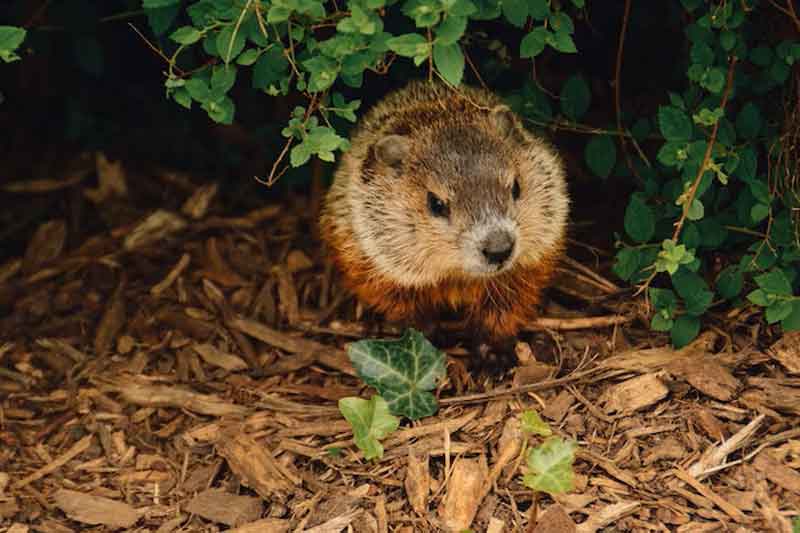

If you’re looking to kick woodchucks out, keep your garden neat, harvest often, and once again, put up some wire fencing but make sure it goes at least a foot into the ground to deter their digging.
Snails/Slugs
Although all the animals on this list so far feast on snails and slugs, without them, your garden wouldn’t be so bountiful. Without snails and slugs, you won’t have foxes, woodchucks, snakes or skunks which means you’d reap none of the benefits those animals provide. Aside from the obvious, snails and slugs are great in your garden because their feces is a nitrogen-rich, mineral full fertilizer that adds to plant nutrition, but they can also be used as weather detectors. It’s said that snails climbing trees are a sign that hot weather is coming whereas slugs burrowing deep into the ground during autumn means winter is coming.
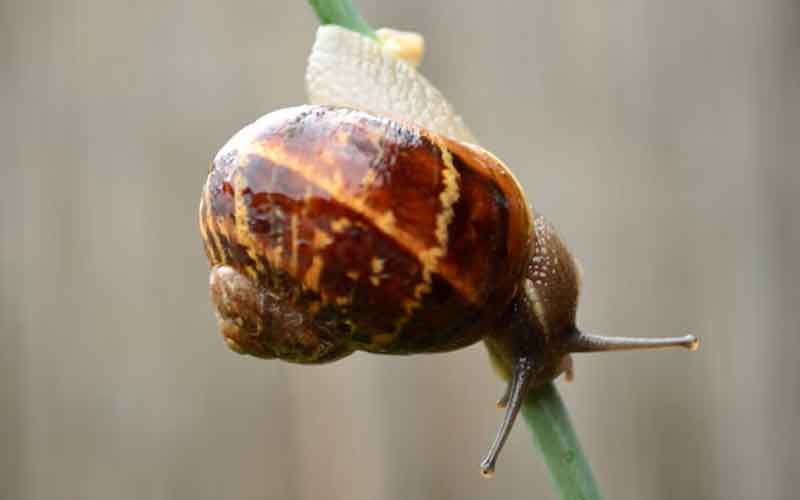

However, some of the downfalls of slugs and snails is the fact that they’re great climbers. They will climb trees or plants and eat the fruit just as it turns ripe, or they’ll chew smooth little holes through leaves. If you’re really turned off by the vandalized leaves and half-eaten fruit and want to get these things out of your garden or landscape, try picking them out by hand, spraying them with cold coffee or encouraging natural snail and slug predators to live in your garden—like a snake!
Pests and unwanted rodents will be no match for your garden if you introduce or welcome these animals. At first glance, a skunk may be off putting but leaving them alone and letting them feast on your pests could make your garden the most beautiful it’s ever been! Who doesn’t want a garden so inviting it’s rebooting the local ecosystem? So the next time you see a snake or a skunk, remember how much they’re helping you and your garden.
Sources:






